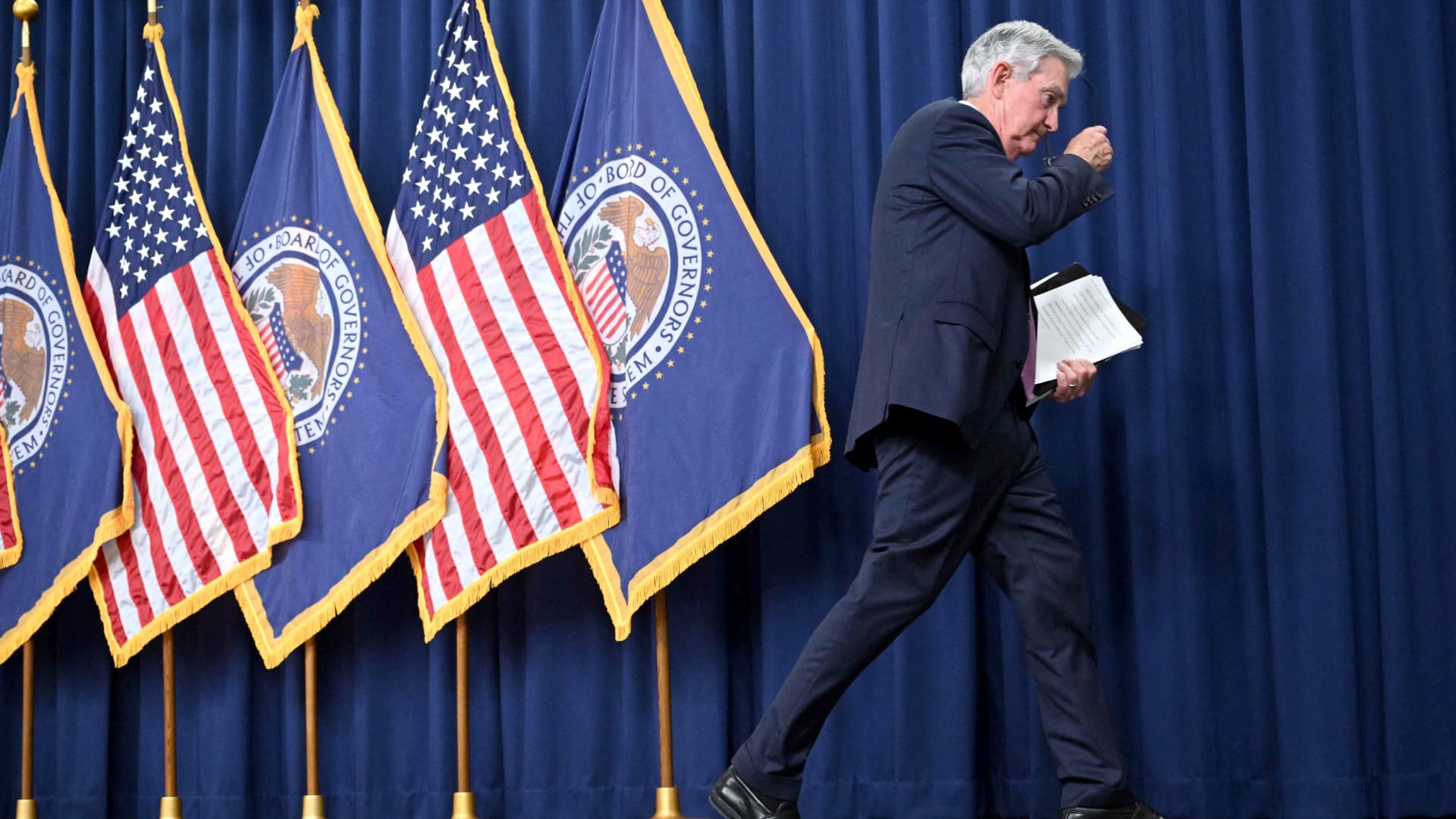Manalo referred to the Philippines’ victory over China in a 2016 arbitration ruling in The Hague, Netherlands, that invalidated Beijing’s vast territorial claims in the South China Sea. China did not accept the ruling.
Manalo said the Philippines pursued the case to uphold the rule of law and to promote the peaceful settlement of such disputes.
“The shared stewardship of the seas and oceans in the region behooves us to unite in preserving the primacy of international law so we can ensure equitable and sustainable outcomes for all,” he said.
“It also calls for us to stand firmly together in opposing actions that contradict or are inconsistent with international law,” he added.
China claims sovereignty over virtually the entire South China Sea, which is one of the world’s most crucial waterways for shipping. That has put it at odds with the Philippines, Vietnam, Malaysia, Taiwan and Brunei, which all maintain claims to islands, reefs and undersea resources in the region.
Manalo called for regional neighbours to uphold cooperation over confrontation and diplomacy over the threatened use of force.
“For the South China Sea and the seas and oceans of the Indo-Pacific to be unifying domains of peace, stability and prosperity, we need to gather more strongly around the collective responsibility as well as a shared sense of stewardship,” he said.
Australian foreign minister Penny Wong echoed Manalo’s comments, saying the nine member states of the Association of Southeast Asian Nations represented at the Melbourne summit need to “nurture and protect agreed rules, uphold international law, prevent conflict and build strategic trust.”
“Shared prosperity is an incentive to maintain peace, yet it is not enough to guarantee peace. The stakes are clear,” Wong said.
“We know that a major conflict in our region would be devastating to our communities and economies, as the terrible conflicts in Gaza and Ukraine have shown,” she added.
She announced that Australia would spend 40 million Australian dollars (USD 26 million) on enhancing its maritime partnerships in the region aimed at both security and prosperity.
Australia and the Philippines, conducted joint sea and air patrols in the South China Sea for the first time in November.
Chinese foreign minister Wang Yi told Manalo in December that China will maintain military pressure on the Philippines in the South China Sea.
Wang “warned that if the Philippine side misjudges the situation, goes its own way, or even colludes with ill-intentioned external forces to continue to stir up troubles, China will defend its rights in accordance with law and respond resolutely,” the official Xinhua News Agency reported.
Wang’s comments followed China’s mobilization of its coast guard and maritime militia to block Philippine supply missions to support its soldiers and fishermen.
















